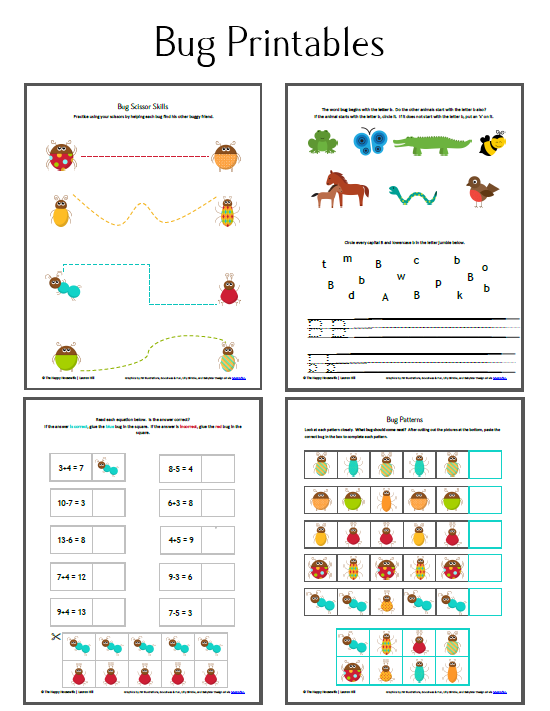The following is a post from contributing writer Stef.
Math is one of those subjects that if a child does not continually practice they will forget basic rules, become slow, and eventually become discouraged when the subject is even mentioned.
I do not encourage a complete break from math during summers or long holidays, but rather suggest as moms we try to find unique ways to keep math practice alive over those non-school breaks. A lot of creative math happens during discussions.
Six Activities for Math Outside of the Classroom:
1. Count money
Open those piggy banks and start counting coins or rolling coins. It makes it easy for you to deposit and is great for those tactile learners.
Ask questions: What can we buy with that? How much more do we need to buy another Wii game?
2. Grocery shopping
So much math happens at the grocery store. If it’s using a calculator to add up items, counting percentages off, weighing fruit, counting serving sizes, or adding up total savings — get math done at the grocery store.
Ask questions: How much more does an apple weigh than a banana? If I buy 3 more how much will I save? It will take longer, but isn’t it worth it?
3. Manipulating time
An old clock is perfect for tactile learners!
Ask questions: What time will it be in an hour? If Young Justice comes on at 6:00 pm how long do we have to wait?
4. Cooking measurements
The kitchen is another great place for math. If you’re making an afternoon snack or following a dinner recipe, include the kids (boys or girls).
Ask questions: The recipe calls for 2 tablespoons, how many teaspoons would that be? If we need to double the recipe how much more would we need? Let’s check it! Again, this takes time so I do not encourage you doing this last minute.
5. Compare measurements
Get out the tape measure.
Ask questions: How much longer is your tub than you? Find three things that are 4 inches. How many centimeters would that be?
6. Get physical
Take a walk. Can you measure the distance on Google earth?
Ask questions: If you walked that same route every day for a month, how far would that be? How long would it take to walk to Disney Land?
Simple ways to keep math skills strong require very little curriculum, but rather a lot of intentional time and discussion.
How are you keeping math skills strong during non-school times?





















